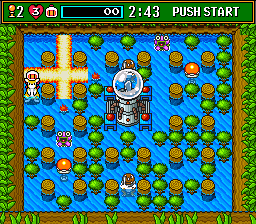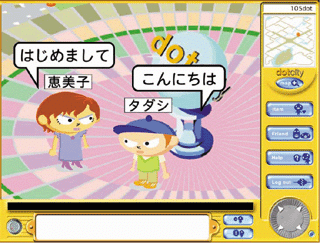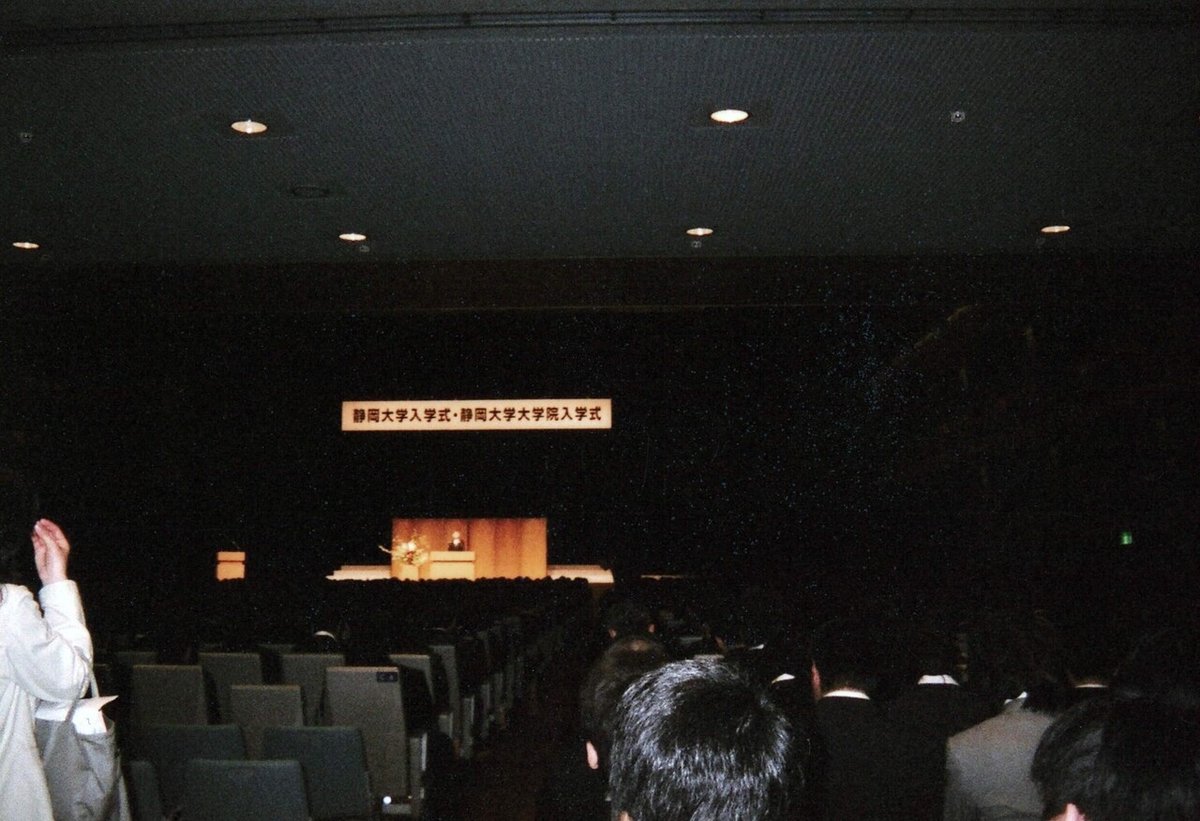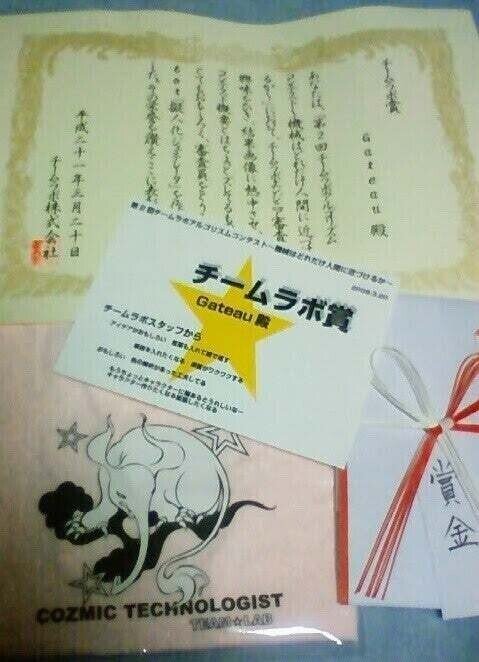
Until one woman becomes an engineer
This article is an English translation of my Japanese article. The Japanese version got a lot of responses. So, I'm trying to translate it into English.
I'm @wiroha. I work as an Android engineer in Tokyo, Japan.
I read a book called "Girl Code" (Japanese ver.) and suddenly felt like looking back on my life.
I would like to introduce my life as an example from the perspective of "There are few female engineers, but I want to see more. How do people become engineers?"
From birth to kindergarten
I was born and raised in Nagoya. From a young age, my parent always told me to go to the National Defense Medical College. The reason they said that is because we were poor. To put it simply, the National Defense Medical College is a system where one can become a doctor with government funding. (There are various conditions.) As a parent, I think it was attractive that there was no tuition burden.
My parent recommended that path, but I didn't take the entrance examination for elementary school or go to cram school, and I lived an everyday life. I loved to draw pictures and won the top prize in the pre-school division of a dog drawing contest, so drawing pictures was my dream job.

Elementary school
I liked games, partly because of my sister's influence. One day, I read a strategy guide book for the NES game Kirby’s Adventure. In it, there was an interview with the developer. I learned about the existence of "game creators" such as the famous Masahiro Sakurai for the first time.

ref: 星のカービィ~夢の泉の物語~の攻略本
I also happened to see a program on TV about the creation of Super Bomberman 3. I was fascinated to see someone draw the dots of the characters. Seeing that made me want to become a game creator.
I also had the idea of going into the welfare field at the recommendation of my parents. I can still remember simple sign language (fingerspelling).

ref: Wikipedia - Super Bomberman 3
When I was in the fifth grade, I got a PC at home. We didn't have internet access yet, and I only played with typing software. I held pens incorrectly and could not correct my habit. So I tried to remember the correct position of my fingers when typing.
Around the same time in 5th grade, there was a boy who I became friends with through talking about games. However, we were in the height of puberty. People began gossiping about us, saying "I know you people like each other. You're in a relationship, aren't you?" Confused by the unbelievable rumors, I began to avoid men.
From then on, I didn't talk to menーnot in junior high or high school. Many engineers are men, so I now think that it was challenging to not talk to men for such a long time.
I intrinsically liked games, and I used to make RPG Maker games and play them with my sister. It was similar to programming, with initialization processes and branching based on flag conditions. It was the first time in my life that I created an infinite loop. I burst out laughing as the horse kept walking and going off-screen and didn't stop!
Junior high school
My parents installed an internet connection in my house. I was fascinated by the freedom to acquire and transmit information. I became addicted to a chat service called Dot City and chatted with people every night.

ref: RPGゲームのようなバーチャルタウン「dotcity」が登場
Since there was no social networking service at that time, we often had our own websites and went back and forth with each other.
I created my homepage by typing HTML tags in Notepad. Sometimes people are surprised that a junior high school student was typing markup. I knew that the creator of a fansite for an idol group called V6 that I often visited was a high school girl. So I thought that even I, a junior high school student, might be able to create one. I was delighted to see that it looked good.
↓Actual homepage (taken while at university. I'm sorry, it’s all in Japanese)

I also created and operated a fansite for the idol group V6, and posted transcriptions of their radio shows in parallel. Some people couldn’t listen to each show depending on where they lived, so fans shared the transcriptions.
When I was in the third year of junior high school, I participated in an offline meeting of Dot City. It was a rare event in Nagoya, so I was lucky. There, I was able to talk with the engineer who created Dot City, and I became even more familiar with creators. They advised me to learn the C language, and I thought, "I'll join the computer club in high school and learn the C language!"
However, I failed to get into my first choice of high school, and my second choice of high school did not have a computer club. Even if I had passed, I might not have joined the club. My junior high school also had a computer club, but I did not join it. It was almost exclusively male, and I thought it was not the place for me. I missed an opportunity. It was hard to get into it because I grew up with a quiet personality, refraining from contact with men.
↓In high school, I ended up in the art club.
The club members were mostly women.

In Japan, one can enter a school called a college of technology after graduating from junior high school. There, students can receive specialized education in engineering and technology. However, I didn't know that they existed. My parents always told me not to live in a dormitory, so I would not have been able to go to a technical college with a dormitory system. I was obedient and believed what my parents said.
High School
By this time, my parents had compromised and said, "I don't care where you go to college as long as it is public.”
In Japan, students choose either humanities or sciences in high school. I was not good at chemistry, so I went into the humanities. I couldn't go into science, and I kind of gave up, as if I weren’t suited to be an engineer.
Since high school was not for me and I always wanted to drop out, I carefully researched universities. In the process, I found a blog by Professor Akao of Shizuoka University, in which he wrote about the comparison and discussion of various media reports. I learned about media literacy and realized that there was a career path in mass media. I became interested in Shizuoka University when I learned that the information field was not limited to engineers.
I finally entered the Department of Socio-Information Studies, Faculty of Informatics at the Shizuoka University. The reasons for this are as follows.
- It is less expensive than living in Tokyo
- It is a national university.
- The ratio of male to female students is 50/50, so I didn't need to have the courage to jump into a male-dominated environment.
If I didn't pass the faculty of my choice, I thought of going to a welfare faculty. I had no programming experience, so I wasn't sure if I would become a software engineer. At the time, I loved Manzai (Japanese comedy) and was even considering going to Osaka, where there were many Manzai shows! I still hadn't decided exactly what I wanted to do.
University
↓Entrance ceremony

In my first year in school, I got first place in my class for typing! The professor was surprised that a girl got first place. I stood in front of 100 people in the department and took a bow, which suddenly made me stand out and embarrassed. I was a little confident that I might be able to program because I could complete the C language programming class quickly.
However, when I started to attend an advanced laboratory, I found that my seniors were extremely talented. They were so gifted that I thought it was a different world from my own. Almost everyone in the lab was male, and I didn’t dare to casually talk to them or go in, so I always took a female friend with me.
The laboratory professors once asked me if I would become the president of a startup company on campus. However, I was not as confident as the other students and declined the offer. Now I think I should have tried it.
In general, women tend to have low self-esteem and lack self-confidence. (It's also a statistic in Lean In.) And women are in the minority among engineers. It means that if you lack confidence, you need to have the courage not to give up, even if it means standing out. (Or a willingness to take advantage of standing out.) I think women face a more formidable challenge than men in becoming an engineer.
Job hunting, but...
In Japan, college students go job hunting around their third or fourth year. They receive job offers while they are still students and enter companies all at once in April after graduation.
I was not interested in going to a more advanced Tokyo company because I felt a gap between my abilities and my seniors' abilities. It was also hard for me to pay for transportation. I was working part-time, supporting my parents, and living in poverty. Also, I grew up in a rural area and was afraid of Tokyo. I got a job at an old system company in my hometown of Nagoya.
In my fourth year of college, I applied for a job as a transcriber because my job hunting was over, and I had almost no classes. At the interview, the interviewer told me that if I had programming skills, they wanted me to do development, so I did PHP programming, database design, and program testing. They said they wanted me to work longer. "Huh? Am I actually skilled enough?” I thought.
When I was about to graduate, I entered an algorithm contest at a company and won the top prize. When I went to the company for the award ceremony, the people were surprised. "A girl!?" In fact, I think most of the other participants were men. I also received an invitation to join the company. I found out that I can make it in Tokyo.

My first company
The ratio of men to women among the ten people who joined the company at the same time was 2:8, a rare generation with a large number of women.
Perhaps it is because this is a stable workplace where women can continue to work after childbirth that it is so popular among women. With this ratio, men were nervous. It is the opposite of the usual situation.
The training for new graduates was excellent, but the work content was not a good fit. It felt like old technology and tedious work.
I continued to develop as a hobby and won the grand prize in the Calil API contest. At that time, I traveled to Tokyo again to make a presentation, and I began to think that I should live in Tokyo.

I bought a cheap train ticket to Tokyo for an interview. I received job offers from DeNA Co., Ltd., and mixi, Inc.
After much deliberation, I decided to join mixi. The final interviewer from DeNA was Inamura-san (She is still at DeNA and has an impressive career). When I turned down the offer, she said, "I wanted to work with you." She seemed to feel close to me because we were both women and had similar careers, so we exchanged contact information.
Moved to Tokyo
At mixi, I was developing in Perl and JavaScript. It was enjoyable and fulfilling, and the members were all wonderful people. We are still good friends even after we left the company. I also won the company's hackathon. I think I was able to play an active role in my way. I think the various awards I won were good for the idea and beautiful design. I seem to be good at attracting people with low cost and exciting things.
The company’s people held Android and iOS development courses. I started to think that Android development is fun. I simply couldn't afford to buy a Mac, so I couldn't do iOS development.
Changing Jobs
After enjoying three years of development at mixi, I moved to Recruit Holdings Co., Ltd.'s new business development department. At first, I did Android development, but then I became a director -> product owner. With my understanding of technology, knowledge of testing, and aesthetic sense, I improved the entire application well. I was highly valued, and I still don't know if I'm better suited for this kind of work than engineering.
I transferred the app I was in charge of, and the timing was right, so I changed jobs again and ended up in my current position. Writing code is more fun, so I went back to Android engineering.
I was a staff member of DroidKaigi and had some knowledge of the sessions. However, I didn't have much practical experience, so I thought it was a miracle that I was accepted.

Unmarried
I am single and have no children. I can't offer any tips on the big question for women: "How do you balance work and childbirth/childcare, or do you quit your job?" However, I did try to find a job where I could continue working even if I gave birth. If I had removed that consideration, I might have had more options.
Women often change their place of residence depending on their marriage partner. I've seen cases close to me where a woman has to move abroad and not work due to visa issues. When I was in my twenties, I spent a lot of time and effort actively looking for a marriage partner. I wanted to settle down with a partner as soon as possible to decide on my career. Now, I am no longer involved in that. It's comfortable because the only stakeholder in my life is me.
From now on
I am free from worrying about "I don't have money" and "What to do about marriage and childbirth.” I can also challenge myself by joining a startup. However, I don't think I have the technical skills to create something out of nothing myself, so I still want to improve my technical skills in my current position. I have not been working on Android development for a long time, and my technical skills are not up to the mark. I feel that my physical strength has declined compared to when I was younger, so I'm not sure if I can make up for it in the future.
Maybe the idea of "I can't work at a startup" is also a lost opportunity due to the lack of confidence I've experienced so much in my life. Also, I've recently had less interaction with people outside the company due to the coronavirus situation. I'd like to talk about how female engineers outside the company are developing and living.
Conclusion
The above is my own long story. I hope it will be helpful as an example of one woman's path to becoming an Android engineer and its difficulties. As for myself, I would be happy if there were more female engineers and I could feel more comfortable. However, it seems that there is already a gender gap in the occupations that elementary school students want to become.
According to this article, "game creator/programmer" is number one for boys, while it did not make the list for girls. (Japan has high levels of gender inequality) There is no way to change this reality even if I try my best by myself. People don't make websites nowadays, and my example is not reproducible. However, if we can remove as many obstacles as possible and give them confidence and opportunities, I think the number will increase.
It is my personal opinion, and I do not intend to speak for all female engineers. To keep the text short, I am using the genders male and female, but I also understand that there are many different gender identities. I hope this article will be an opportunity to talk with various people. Thank you for reading this far.
ref: Other people have been writing about their careers one after another. All of them are in Japanese, but you can find a summary here.
https://womeneng.jp/links/
This is created by @chaspy_ -san and @_a0i -san.
